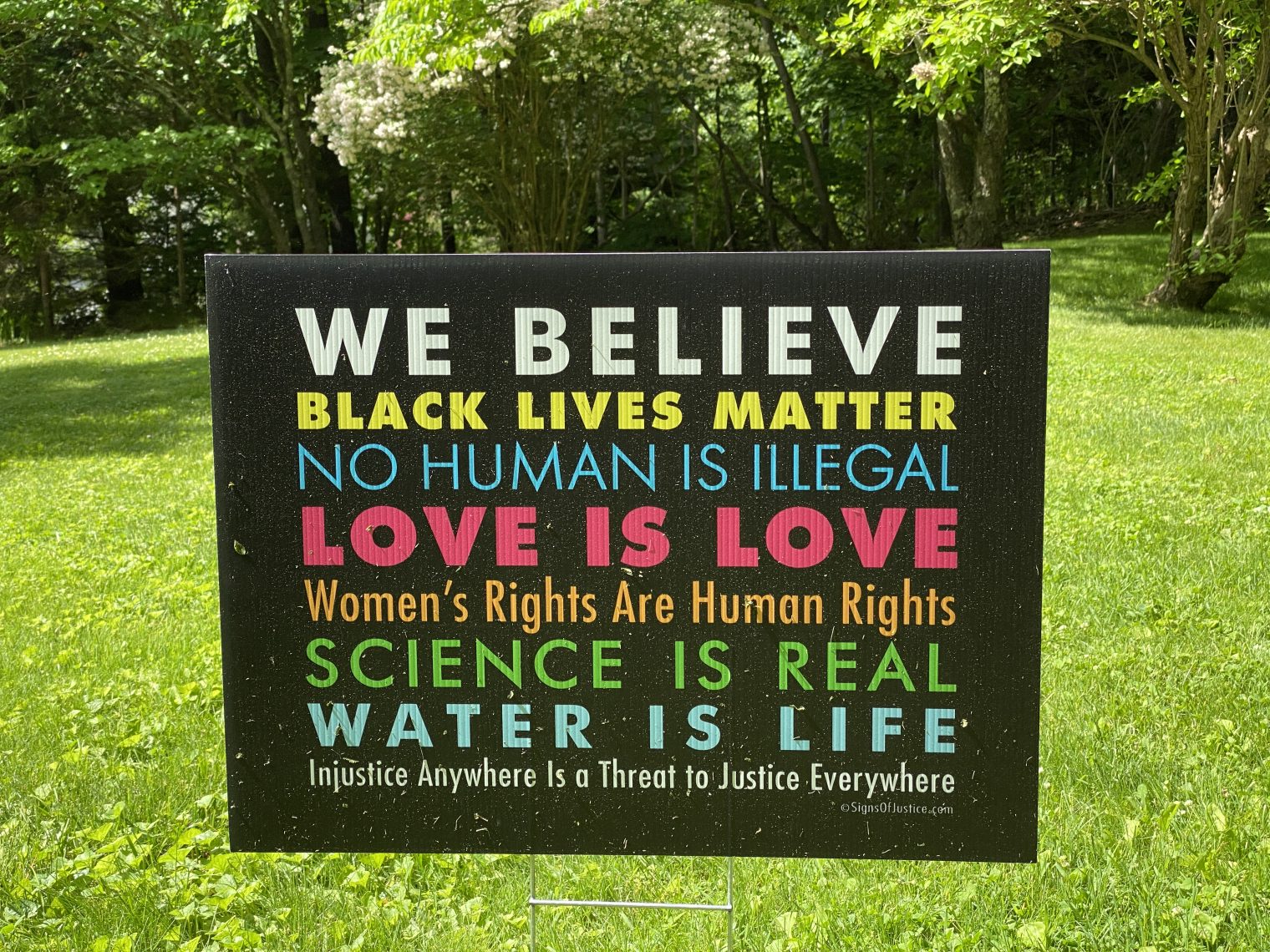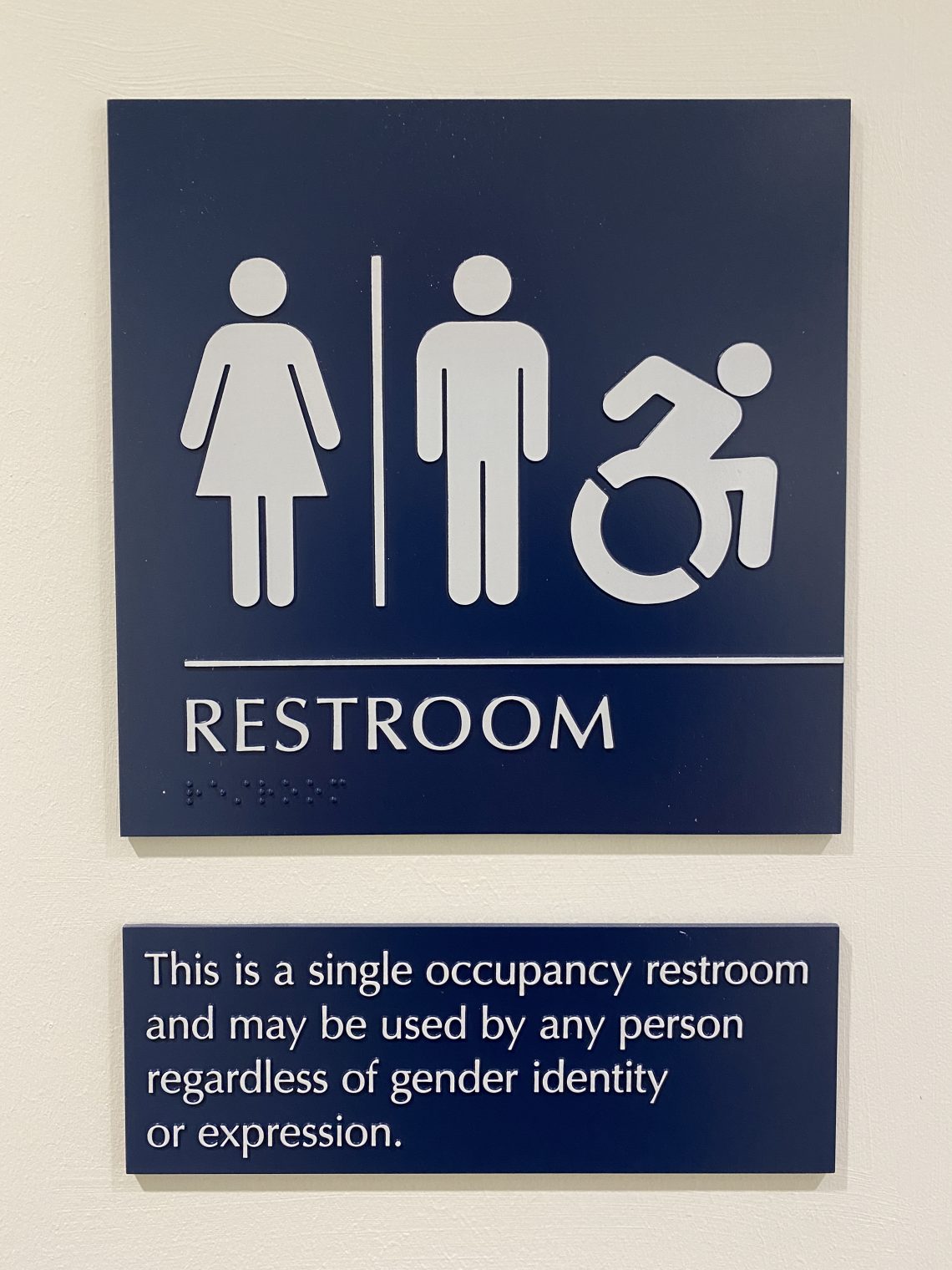Cardiology Shutdown in Massachusetts
I met with a cardiologist friend last night. He says that he is working roughly 60 percent as much as he was pre-coronapanic. “Where we would do five procedures per day, we can now do only two,” he said. “That leaves enough time for deep cleaning between patients. Also, they’re reserving 20 percent of the rooms in the hospital for Covid patients, just in case.”
He and his colleagues have already had multiple patients die while waiting for heart valve procedures that were considered “elective”. (see “StayHomeSaveLives or #StayHomeTradeLives?” and the link to the NEJM article) He gets paid in full despite the reduction in work and billing, and is at a vulnerable age for Covid-19 (70s), but is nonetheless anti-shutdown: “It was only a few years ago when parents were supposed to make sacrifices for their children. Now it is the other way around.”
Today is #ShutDownSTEM day. Plenty of righteous posts on Facebook from friends who are professors of various flavors of nerdism. They’ve been sitting on their butts for three months now, taking baby steps in the direction of online teaching (nowhere near as competently as faculty at Western Governor’s University, which has been online since the mid-1990s). Today they will sit on their butts even more firmly? It has been a struggle for me to refrain from asking “How could you possibly do less than you’ve been doing since mid-March?”
(Not all professionals are idle. A friend Facebook messaged me today about some divorce litigators who are fully engaged on an issue of life insurance. The defendant father wants to have the beneficiaries of his life insurance be a trust for the children (tweens). The plaintiff mother wants to ensure that the life insurance cash is paid to her, to compensate her for any reduction in profits from alimony and child support. The parties are divorced, but the litigation lives on (legal fees on both sides paid for by the father’s earnings that would have been the children’s inheritance).)
Speaking for myself, I participated in a Zoom meeting regarding some health records data analysis today, but all of the coding was in SQL so I am not sure if that qualifies as “STEM”! Later today it will be time to fly the helicopter, which can be considered a “STEM” activity by American journalists when a member of an officially recognized victim group is at the controls. One of the participants in the call is a third-year medical student. He won’t be able to do a clinical rotation until about a month from now (i.e., he will miss at least three months of clinical training).
From a neighbor’s front yard, “Science is Real” (but also not so important that you’d want to do it every day?):
From a recent visit to the doctor’s office in Concord, Massachusetts to get some blood drawn in advance of a regular checkup:
(any of 50+ gender IDs is okay, but we will depict, recognize, and give priority to only two?)
Full post, including comments
